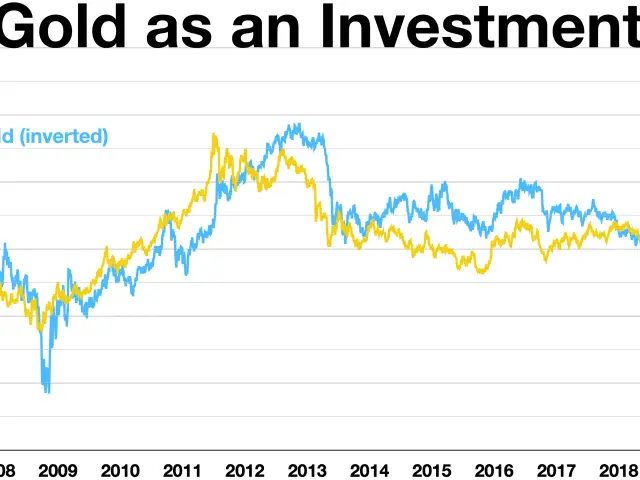Enhancing public oversight over consumer protections
Streamlining Consumer Protection in Kazakhstan
Kazakhstan's focus on bolstering public oversight of consumer rights enforcement is making waves. Recently, the efficiency of state bodies in this regard has been less than ideal. As reported by Almaty.tv, during a government meeting, Minister of Trade and Integration Bakhyt Sultanov highlighted that the most complaints stem from sectors like housing and utilities, retail trade, medicine, and transport.
In a bid to address this issue, Sultanov suggested that officials' performance should be evaluated based on public satisfaction levels. "With approximately 18 million consumers in Kazakhstan making over 6 million daily purchases of goods and services, totaling 6.8 trillion tenge on goods and around 4 trillion tenge on services through retail networks this year," Sultanov mentioned [1].
Meanwhile, Agriculture Minister Saparkhan Omarov addressed this year's harvest. "Given the current market situation, 'Product Corporation' proposes setting wheat purchase prices within a range of 83-87 thousand tenge, depending on quality. For wheat of the IV class, the price is 78 thousand tenge, and for barley of the II class, it's 50 thousand tenge. Meanwhile, purchase prices for sunflower and buckwheat will be set later, upon completion of their harvesting," Omarov emphasized.
In a more proactive stride, Kazakhstan has been making strides in the digital realm to boost consumer protection. The National Bank of Kazakhstan (NBK) launched an Anti-Fraud Center in 2024, equipped with AI-driven tools for detecting fraudulent transactions and facilitating real-time data sharing among banks [1]. This system thwarted 1.5 billion fraudulent transactions in its first year and recovered nearly $580,000 for victims, contributing to increased transparency and accountability in consumer protection [1][2]. A new banking law is in development, incorporating provisions for data privacy and AI-driven supervisory tools to enhance oversight [1][2].
Financial services continue to be a sector affected by digital fraud, although specific complaint volumes are yet to be detailed. The Anti-Fraud Center's emphasis on banking fraud hints at it being a high-priority area. With a global surge of consumer protection violations seeing a 93% increase in H2 2024, it's likely Kazakhstan will mirror this trend, especially as it aligns its data protection laws with international standards like Convention 108+ [2]. Other sectors might not be as explicitly documented, but financial institutions appear central to recent enforcement measures.
- Thousand-strong Kazakh consumer base, predominantly concentrated in sectors such as housing, utilities, retail trade, medicine, and transport, have sparked a need for strengthened consumer protection policies.
- As hinted at by the establishment of the Anti-Fraud Center in 2024 by the National Bank of Kazakhstan, financial services are a sphere where consumer protection violations are on the rise.
- Ministers in Kazakhstan have been advocating for an approach to evaluating officials' performance based on public satisfaction levels, in an effort to bolster consumer rights enforcement.
- Kazakhstan's policy-and-legislation amendments concerning data privacy and AI-driven supervisory tools in the banking sector reflect an ongoing commitment to general news topics like accountability and transparency in consumer protection.








